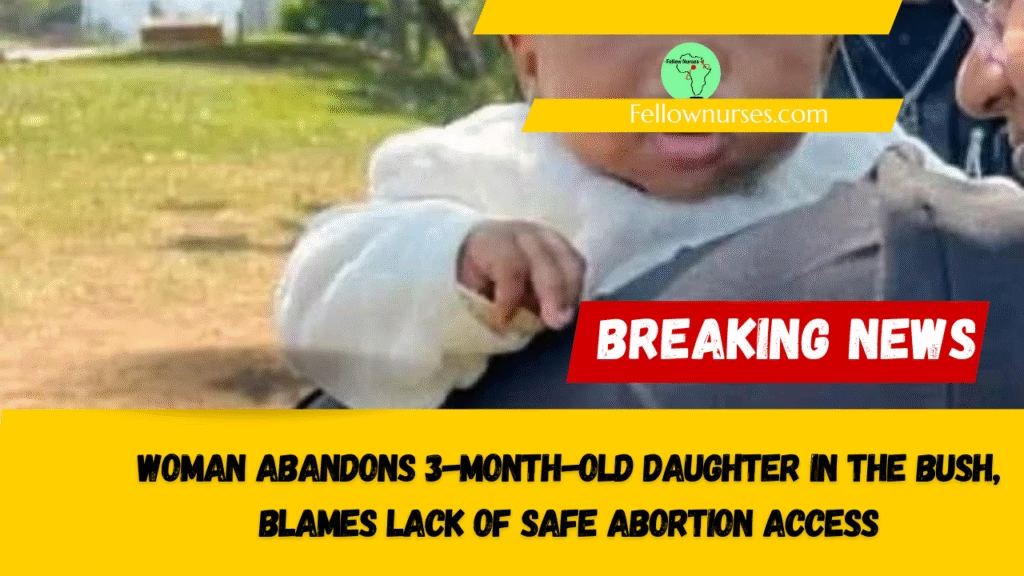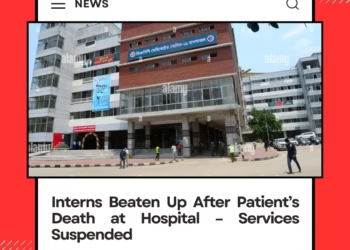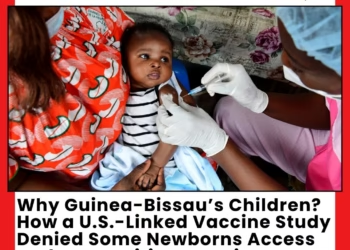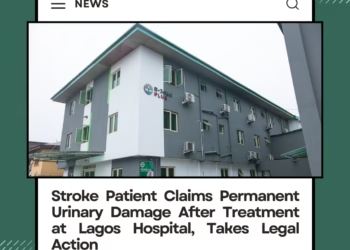“We Can’t Abort Safely”: A Mother’s Desperate Act in the Bush Exposes South Africa’s Abortion Access Crisis
Fellow Nurses Africa News Report | June 1, 2025
In a sad incident that happened in a community in South Africa, a three-month-old baby girl was found abandoned in a bush in Dawncrest, KwaZulu-Natal, accompanied by a handwritten note that echoes a cry for help—“we can’t even abort safely anymore.” This desperate act has reignited urgent conversations around safe abortion access, maternal health, and the failings of South Africa’s healthcare system, especially in underserved regions like KwaZulu-Natal.
The incident at Dawncrest
On June 1, a passerby discovered a baby wrapped in a blanket, crying softly in the bushes of Dawncrest. With her was a note that read:

“Hi, you might be wondering why I took my baby. Don’t wonder, just help her if you can or call authorities but don’t judge me. I have spoken twice with social workers, they delaying to assist. I know this looks bad but I had no option. The system is fragile and we can’t even abort safely anymore—hospitals have strict rules.”
This powerful statement reflects not just the mother’s anguish, but a broken system—one in which safe, legal abortion is technically available, but practically inaccessible due to delays, red tape, underfunding, and overwhelmed healthcare workers.
The Growing Crisis of Abortion Access in South Africa
South Africa’s Choice on Termination of Pregnancy Act allows abortion under a range of conditions. Yet in practice, access remains elusive—especially in rural and under-resourced provinces like KwaZulu-Natal. Many hospitals refuse to perform abortions due to policy restrictions, stigma, or lack of trained personnel. Social workers are often overburdened and underfunded, unable to respond in time to crisis situations.
This is not an isolated incident, but a warning sign of systemic failure.
KZN’s Healthcare Struggles: A Bigger Picture
Just weeks ago, the death of Dr. Alulutho Mazwi, a young intern at Prince Mshiyeni Memorial Hospital, made headlines for exposing the inhumane working conditions in KZN hospitals. The Public Servants Association has called attention to toxic hospital environments, burnout among medical staff, and administrative indifference.
This context is crucial. The mother who abandoned her baby was not simply “irresponsible”—she was failed by a system that made it impossible to get timely help.
Nurses on the Frontlines of a Collapsing System
As nurses, we see this every day.
We hear the fear in women’s voices when they ask for abortions and are turned away. We witness overwhelmed social workers and exhausted maternity wards. And we bear the emotional toll of knowing that—with better systems in place—these tragedies are preventable.
This incident is a sobering reminder: no mother should ever be driven to abandon her child because the system gave her no choice.
A Call to Action: It’s Time for Change
The Dawncrest baby has been taken into care, and the community has responded with compassion. But compassion alone isn’t enough. We must push for lasting healthcare reform:
What Can You Do?
- Raise Awareness
Share this story to shed light on the reproductive health crisis in South Africa. - Demand Policy Reform
Support legislation that guarantees safe, accessible abortion services and timely social assistance for all women—especially in rural provinces. - Support Vulnerable Mothers
Get involved with local organizations providing emergency resources, shelter, and reproductive health education.
Fellow Nurses Africa: Standing Together for Better Care
At Fellow Nurses Africa, we stand in solidarity with nurses, midwives, and health workers across the continent. We will continue to fight for equitable, compassionate, and competent maternal healthcare—so that no mother feels like abandonment is her only way out.
Let us honor this child—and her mother’s pain—not with judgment, but with action.
Fellow Nurses Africa is the independent voice of African nursing. We educate, inform, and support the nursing profession.











I appreciate the mother’s honesty and I understand how she felt. She might not even be someone who got pregnant out of wedlock but a woman who couldn’t afford the care of another child with her husband and opted for abortion.
If abortion is going to be legalized, all resources needed should be available. This would help to prevent illegal means of abortion that would claim lives and result in complications if poorly done.